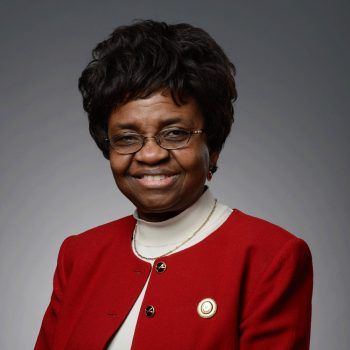 The National Agency for Food and Drug Administration and Control (NAFDAC) has prohibited the sale of alcoholic beverages packaged in sachets smaller than 200ml. This decision follows the expiration of a five-year grace period granted to manufacturers, which commenced in 2018 and concluded on January 31, 2024. The enforcement of the ban began on February 1, 2024.
The National Agency for Food and Drug Administration and Control (NAFDAC) has prohibited the sale of alcoholic beverages packaged in sachets smaller than 200ml. This decision follows the expiration of a five-year grace period granted to manufacturers, which commenced in 2018 and concluded on January 31, 2024. The enforcement of the ban began on February 1, 2024.
During a press conference in Abuja on Monday, February 5, Prof. Mojisola Adeyeye, the director-general of NAFDAC, clarified that the ban was not abrupt but rather the culmination of a phased approach. This approach, agreed upon by a multilateral committee, included a 50 percent reduction in production by 2020 and a complete ban by January 31, 2024.
Adeyeye emphasized that NAFDAC did not grant renewal licenses beyond January 2024 to any manufacturer of these products. The decision to target sachet drinks was driven by concerns over their adverse impact on underage children, who find them affordable and easily accessible, potentially leading to future health consequences.
The decision to phase out these products was based on recommendations from a committee comprising representatives from the Federal Ministry of Health, NAFDAC, the Federal Competition and Consumer Protection Commission (FCCPC), and industry associations. Adeyeye underscored the importance of prioritizing the welfare of Nigerian children and the broader society over other considerations.
Citing data from the World Health Organization, Adeyeye highlighted the significant risks associated with underage alcohol consumption, including substance abuse, poor academic performance, injuries, risky behaviors, and various health issues. To address these concerns, she reiterated WHO’s recommendations for effective alcohol control measures, including marketing regulation and restrictions on availability.
In enforcing the ban, NAFDAC discovered that some manufacturers were still producing the prohibited products and stockpiling them. Adeyeye emphasized the agency’s determination to address such violations through legal means, including prosecution if necessary. She urged holders of banned alcohol products and packaging materials to surrender them to NAFDAC’s Investigation and Enforcement Directorate to prevent further action.
Adeyeye reaffirmed NAFDAC’s commitment to rigorously implementing regulations to safeguard the health of Nigerians, particularly vulnerable youth, against the dangers of irresponsible alcohol consumption.

Notorious Kidnappers Behind Greenfield University Attack Arrested In Kaduna
Police Quell Clashes In Ile-Epo, Arrest Over 50 Suspects And Uncover Drug Den
Federal Government Declares May 1st, 2024 As Public Holiday For Workers’ Day
JAMB Releases 2024 UTME Results Following Rigorous Scrutiny